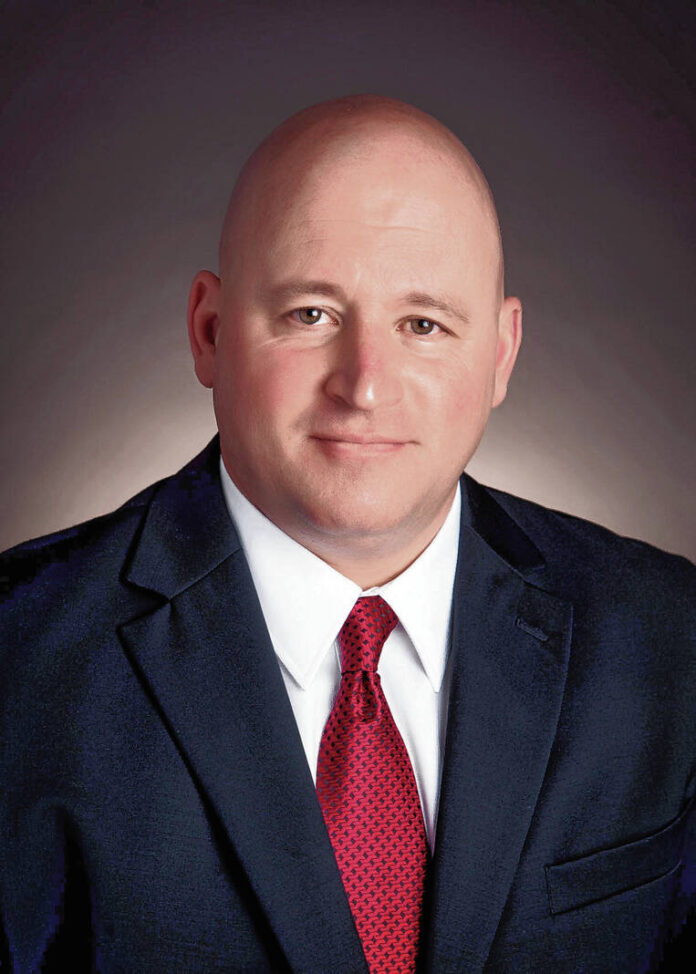Bartholomew Consolidated School Corp. is increasing support staff pay by implementing a new starting wage of $15 per hour.
The school board has approved additional appropriations to support the changes, which go into effect on July 1.
“The additional appropriation required is a little over $500,000 — $509,000 — for the education fund and $305,000 for the operations fund,” said Phillips. “Total of $814,000. The other funds involved don’t require additional appropriations from the board; just the tax-supported funds.”
He added that existing cash balance and expected revenue increases for this fall will cover the proposed cost, and it is “not an additional tax burden.”
In discussing the changes, Phillips said the school corporation currently employs about 1,100 support staff members and is facing “real labor market challenges,” especially for positions on the lower end of its support staff pay matrix.
“Our relatively low starting rate is one that we just can’t continue,” he said. “At $11.22 (per hour) for a teaching assistant to come in, right now, in this labor market is just not something that’s sustainable.”
Phillips said that starting pay will be raised from $11.22 to $14 per hour. School officials later notified the Republic that this figure doesn’t account for the school corporation’s referendum pay, which actually makes minimum pay $15 per hour for permanent positions.
“The matrix purposefully does not include the referendum,” Phillips said. “So every permanent position on the matrix adds $1/hour for the referendum and bus drivers add $2/hour. We maintain the referendum pay separately from the matrix.”
Phillips also told the school board that raising the pay floor requires adjustments for the majority of support staff, and all staff members — regardless of if they fall into that group or not — will see an increase of at least 6% starting July 1. In the case of starting pay, the increase from $11.22 to $15 is almost 34%.
Other changes include further adjustments to the support staff pay matrix to ensure competitive pay.
“Several of us sat in the same room for more hours than I want to remember and went line by line through every employee group … and looked at them and said, ‘Are we comparable and competitive with other groups for this specific job title?’” said Phillips. “And any of those that we weren’t, we said, ‘Okay, what’s the appropriate line on the matrix to make us competitive with these other districts?’ and then made that adjustment.”
The school corporation came up with its recommendations for support staff pay by collecting data from many different school districts and evaluating each one against 121 positions listed on BCSC’s pay matrix.
School board member Nicole Wheeldon asked if the survey data was still relevant, given recent inflation.
“All of the data was from this current school year,” replied Phillips. “And the local — the two regions at the top that are the smaller sample size groups — we actually asked in those surveys, ‘Do you intend to give each employee group a raise this coming summer?’ Essentially, all of them were a ‘Yes.’ And we tried to build that in as we made decisions.”
“Is our hiring outpacing attrition, or are we still netting a loss on a month-to-month basis?” Wheeldon asked Gina Pleak, assistant superintendent of human resources.
“At this time, I would say it’s a loss,” said Pleak. “We’re hoping, with all of this, we’ll be more competitive with the market and people who have a passion with being around students and making a difference.”





